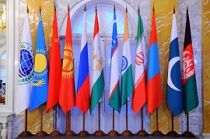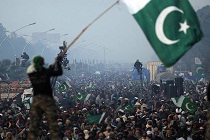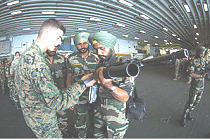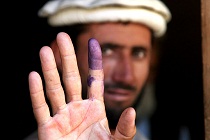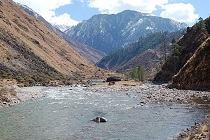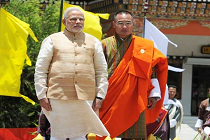India in an expanded SCO
India's inclusion as a full-member will lend credibility to the Shanghai Cooperation Organisation, which until now has been dominated by China. However, until the strong differences between member nations are resolved, it will be a while before the SCO can become a multilateral force to be reckoned with

